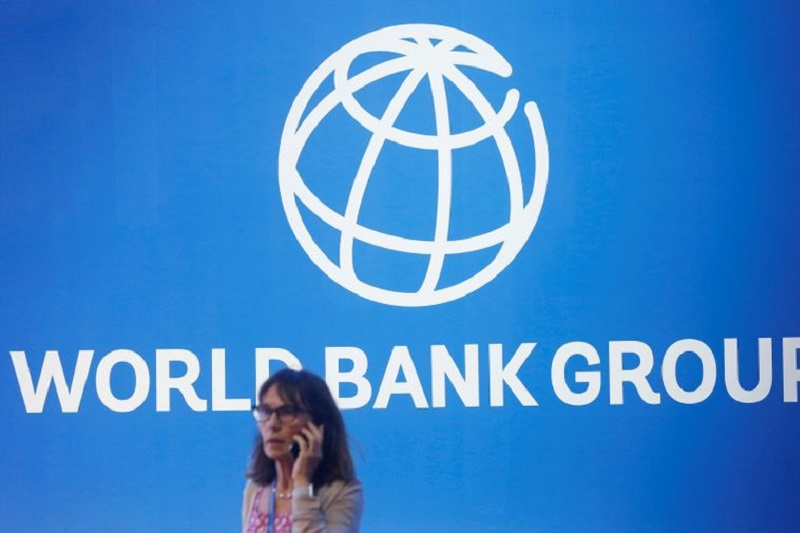Trump meets Zelenskiy, says Putin wants war to end, mulls trilateral talks
(Bloomberg) -- The World Bank approved a $2.3 billion program to help countries in eastern and southern Africa increase their ability to deal with spreading food stress that’s expected to affect about 66.4 million people in the region by next month.
The funding is meant to ease food-system shocks -- spurred by drought, conflicts and pest and disease outbreaks -- that have been exacerbated by Russia’s invasion of Ukraine, the Washington-based lender said in a statement Tuesday.
The so-called food systems resilience program will “enhance inter-agency food crisis response strategies -- including strengthening early-warning systems and rapid-response planning,” as well as boost emergency support to producers and provide emergency trade measures and food reserves, it said.
Beneficiary countries in the first phase are Ethiopia and Madagascar, where about 22.7 million and 7.8 million people are food-insecure respectively due to drought, the World Bank said. The financing package for this phase amounts to $788 million and is expected to benefit 2.3 million people, the lender said.
Part of the funding will also be directed to regional bodies such as the Intergovernmental Authority on Development, as well as the Centre for Coordination of Agricultural Research and Development for Southern Africa, to help strengthen information and data sharing.
Countries expected to participate in later phases are Comoros, Democratic Republic of Congo, Lesotho, Malawi, Mozambique, South Sudan, Tanzania, Zambia, Zimbabwe, according to the World Bank.
©2022 Bloomberg L.P.
